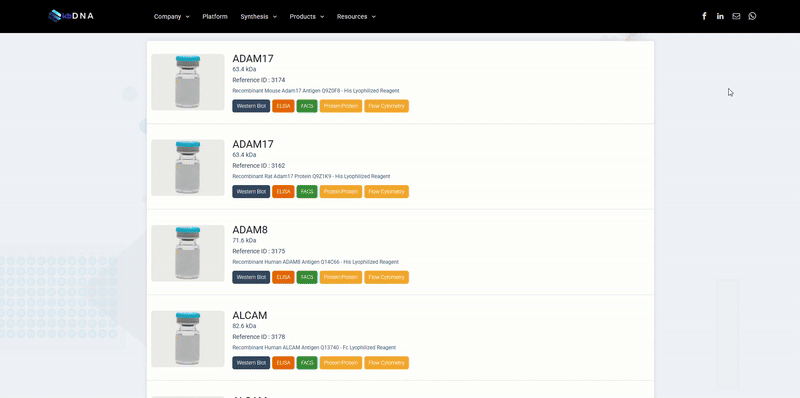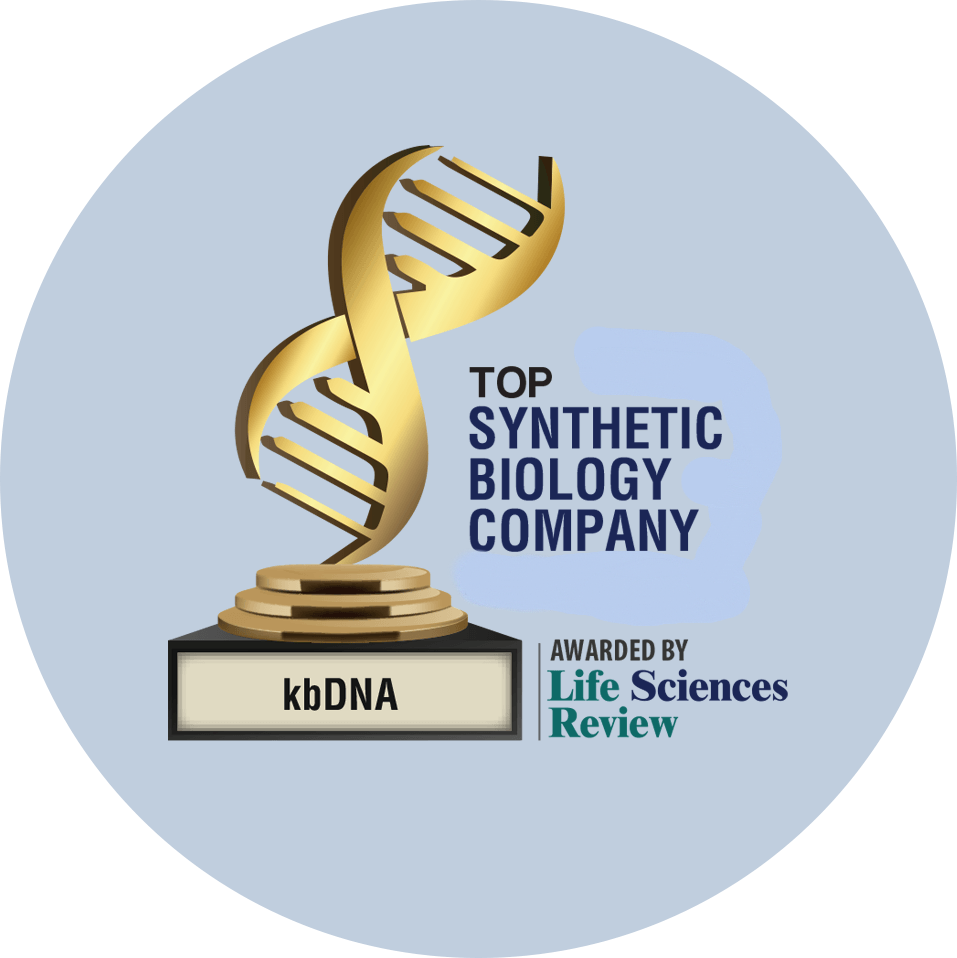RNase Inhibitors
Recombinant ID:
MRV-0002
Description
RNase Inhibitors prevent the degradation of RNA from RNases by specifically binding to the RNases and inactivating them. The addition of RNase inhibitors is essential to prevent the degradation of RNA under laboratory conditions. We offer high quality RNase inhibitor designed to serve as a versatile component for research or clinical grade RNA manufacturing. We perform stringent quality control checks to ensure that the finest grade product is manufactured.
Advantages:
- Manufactured in accordance with GMP rules and regulations
- 100% animal origin free manufacturing process
- Endotoxin and antibiotic free
- Complete QA documentation available
Applications
- In-vitro transcription
- Manufacture of mRNA vaccines
- Manufacture of mRNA therapeutics
- RNA-based diagnostic assays
- Preparation of RNA probes or guide RNA
- mRNA preparation for micro injection and in-vitro translation
- RNA structure, processing and catalysis studies
Properties
EC Number:
142298-75-7
Source:
Recombinant E.Coli
Molecular Weight:
50 kD
Product Specifications
Appearance:
Clear, colorless solution
Volume Activity:
20k- 40 kU/mL
Unit Definition:
One unit of RNase Inhibitor activity is defined as the amount which inhibits 50% of the activity of 5 ng RNase A
Specific Activity:
> 20 kU/mg protein
Purity:
≥ 95 %
Unspecific Nucleases:
Not detectable
Nicking Activity:
Not detectable
RNase Activity after Thermal Denaturation:
Not detectable
Endotoxins:
NMT 10 EU/mL
Total Bioburden:
NMT 10 CFU/mL
E.coli HC DNA:
NMT 100 pg/mg protein
E.coli HC Protein:
NMT 50 ppm
Heavy Metals:
NMT 10 ppm
Stability:
At -25°C to -15°C within specification range for 18 months from date of manufacture.
Sample Handling
Storage:
Enzyme supplied in storage buffer with composition:
20 mM HEPES-KOH, 50 mM KCl, 8 mM DTT, 50% Glycerol, pH 7.6 @ 25°C
Unit Definition:
One unit of RNase Inhibitor activity is defined as the amount which inhibits 50% of the activity of 5 ng RNase A
Notes on use:
- Denaturing of the RNase inhibitor should be avoided since RNases retain their activity even under such conditions and this may result in the release of active ribonucleases. Hence, temperatures exceeding 50°C, high concentrations of urea, or other denaturing agents should be avoided
- The RNase Inhibitor should be added before all other components to prevent the degradation of RNA due to RNase contamination from other components (i.e. enzymes, plasmid from a mini prep)
Additional Notes
Method of Analysis will be provided on Bulk Enzyme orders for customer’s in-house quality testing
Request a Datasheet
We'll respond with your requested information within a day!












